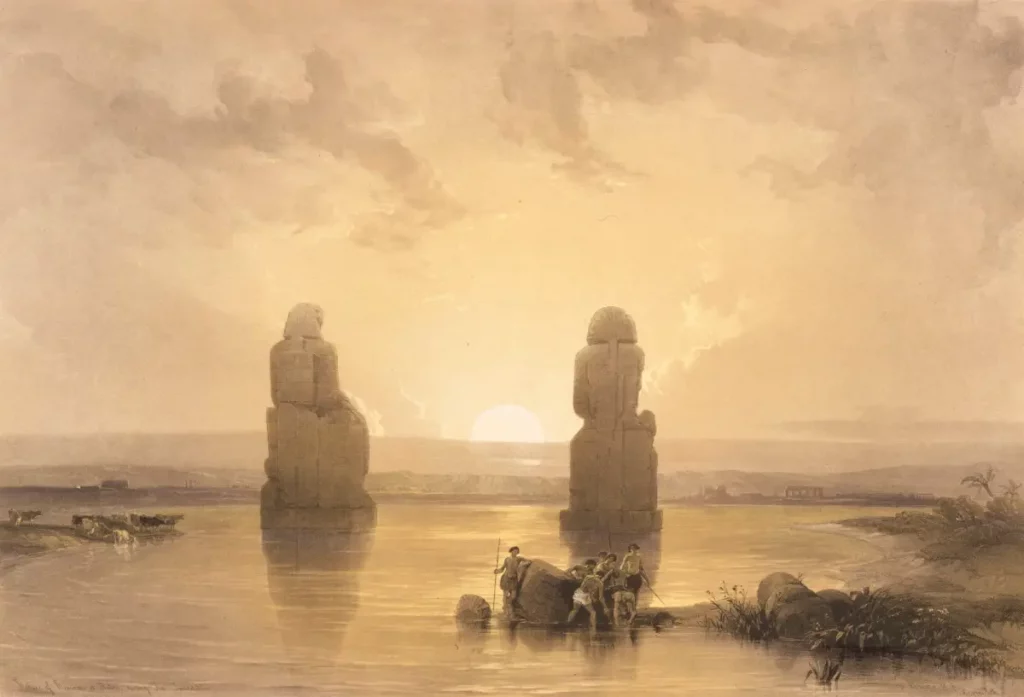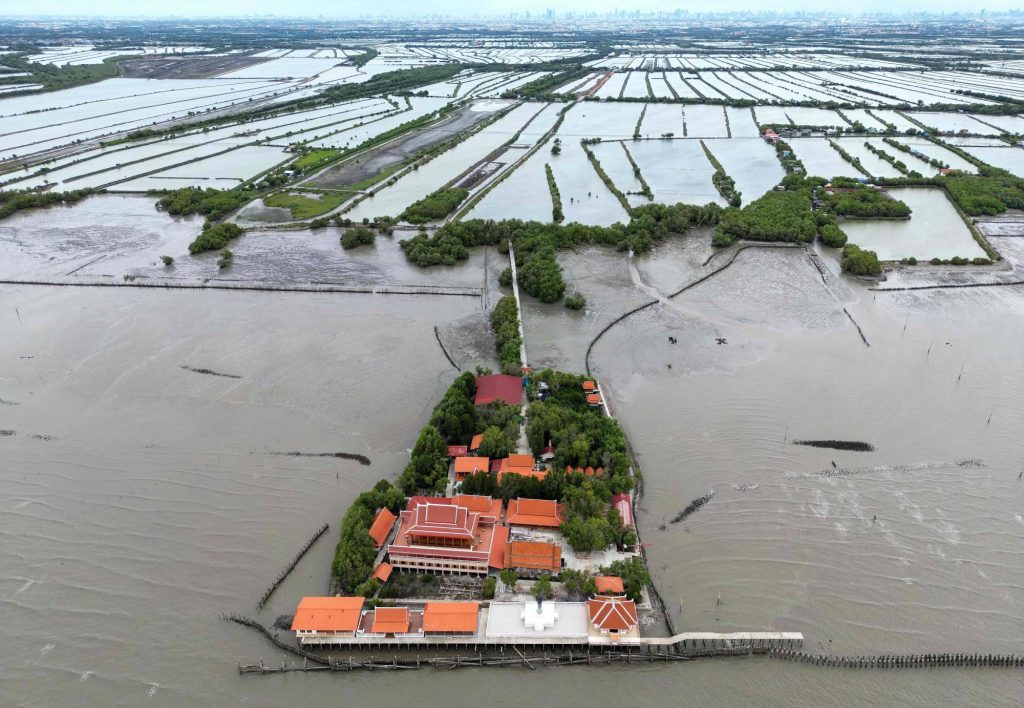The city of Alexandria once had an extensive network of water cisterns below ground that distributed drinking water from a channel connecting the river Nile south-east of the city with the city’s harbor in the west. This was vital for the survival of the population as the Nile flood brought sweet water to the city only once in the summer months. The water needed to be stored for the remaining year and the deep cisterns served that purpose. As the „city of layers“, as it is often referred to, grew and layers upon layers of streets and buildings were added, the cisterns underground would collapse from time to time, creating sink holes and cracks in the streets. In some areas, sea water dissipates into the ground, further enhancing the erosion of the structure.
The artist Islam Shabana told me the following story: In 1973 a young, newly wed woman fell into a sink hole that suddenly opened up under her. When people came to her rescue she disappeared completely into the abyss. Rescue teams climbed after her but never found the body.
The disappearance of a young woman in broad daylight and right before the eyes of the people is of course the stuff for an enduring urban legend. One popular story speculates that she was abducted by a love-struck Jinn who was enraged by her marriage to another man.
The woman is simply referred to by Alexandrians as „The Bride“. Alexandria itself is called „The Bride of the Mediterranean“ and one of Alexandria’s emblematic figures is the mermaid, which in Arab means „Bride of the Sea“. And what makes this story for Alexandrians even more meaningful is, that in the same street the Bride disappeared another body disappeared too: the body of the city’s founder Alexander the Great. As was confirmed to me by Islam Shabana, Al Naby Danyal (Prophet Daniel Street) is the most probable location of the shrine that held the emperor’s body, referred to as Soma, meaning simply „The Body“. The building and Alexander’s remains are lost and it is unclear what happened to them. Historian Islam Issa writes, that most probably it was situated on the corner of Al Naby Danyal and Fuad Street and might still be there, only underground.
Today even more than in the 1970s, sink holes are appearing everywhere in the city, especially in the winter months. The ground below Alexandria is hollowed like a Swiss cheese, as historian Kathrin Machinek explained to me. The cisterns have not been in use for decades and there are so many, that it is impossible to say, where and when the next one will collapse. The sea level rise in the Mediterranean and land subsidence due to the incessant building activity above ground makes matters worse.

Thanks to Islam Shabana for the lead!






